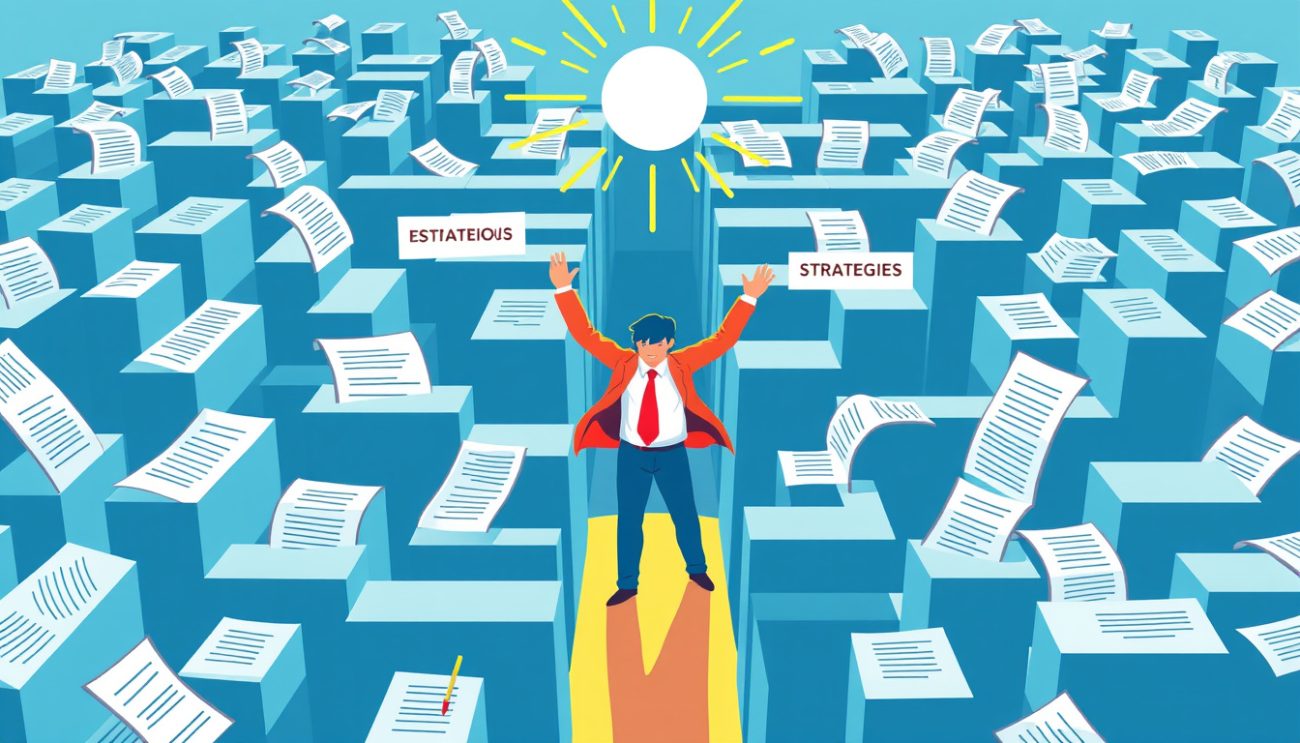Mastering Debt Management: Effective Strategies to Take Control of Your Financial Future
Debt management is a crucial skill in today’s financial landscape, helping individuals regain control over their finances, reduce stress, and build a pathway toward financial stability. Whether you are managing federal debts, credit card balances,

Debt management is a crucial skill in today’s financial landscape, helping individuals regain control over their finances, reduce stress, and build a pathway toward financial stability. Whether you are managing federal debts, credit card balances, or personal loans, understanding effective debt management strategies empowers you to make informed decisions that protect your financial future.
This comprehensive guide synthesizes key insights about debt management from authoritative sources, including government programs, nonprofit organizations, and consumer protection agencies, offering you a clear roadmap to navigate and master your debt.

What Is Debt Management?
Debt management refers to the systematic approach of handling and repaying debts to improve financial health. It typically involves assessing outstanding debts, communicating with creditors, and creating a sustainable repayment plan that fits your income and budget while minimizing additional financial burden.
There are various contexts in which debt management applies:
- Federal and State Debt Management Programs: These are mechanisms whereby government agencies collect debts owed to them, employing structured programs to manage receivables, collect delinquent debts, and offer payment options.
- Personal Debt Management Plans: Administered often by nonprofit credit counseling agencies, these structured repayment programs help individuals consolidate their debts, reduce interest rates, and simplify repayments without taking on new debt.
Understanding Government Debt Management Programs
For those owing debts to federal or state agencies, such as unpaid loans, tax debts, fines, or penalties, the United States Department of the Treasury provides structured programs to assist both debtors and agencies in managing and collecting debts responsibly.
Key Programs Include:
- Centralized Receivables Service (CRS): Helps agencies manage accounts receivable from debt establishment to resolution or referral for collection.
- Cross-Servicing Program: Provides delinquent debt collection on behalf of agencies, working with debtors according to their ability to pay. Collection methods may include letters, phone calls, Treasury Offset Program referrals (such as withholding tax refunds or benefits), wage garnishment, or reporting to credit bureaus.
- Treasury Offset Program (TOP): Intercepts federal or state payments owed to individuals who have delinquent debts referred by agencies, including offsets to tax refunds, federal benefit payments, or salaries.
Legal Foundations:
The practices within federal debt management and collection are largely governed by the Debt Collection Improvement Act of 1996 (DCIA), ensuring due process, fair treatment, and standardized procedures.
Personal Debt Management Plans: A Nonprofit Approach
If struggling with consumer debts like credit cards, medical bills, or personal loans, nonprofit organizations offer Debt Management Plans (DMPs) as an effective debt relief strategy.
What Is a Debt Management Plan?
A DMP is a structured repayment program where debt consolidation is achieved without a new loan. Instead, a nonprofit credit counseling agency evaluates your debt and budget, negotiates with creditors to reduce interest rates, and arranges a single monthly payment that fits your ability to pay.
Benefits of a Debt Management Plan
- Simplified Payments: Consolidates multiple debts into one manageable monthly payment.
- Reduced Interest Rates: Agencies negotiate lower rates, helping you save money over time.
- Faster Debt Payoff: Many complete repayment in five years or less, potentially paying off debts up to seven times faster than by making minimum payments.
- Stopped Collection Calls: Creditors typically cease collection efforts once enrolled.
- Improved Credit: Successfully completing a DMP can rebuild credit scores and reflect responsible repayment behavior.
Costs and Considerations
- DMPs usually have modest fees, including setup and monthly administrative charges.
- You can often keep one credit card active during the plan.
- Enrolling may initially cause a temporary dip in credit scores due to account closures but generally leads to credit improvement as debts are repaid.
Practical Steps to Managing and Getting Out of Debt
In addition to formal programs, there are steps you can take independently to improve your debt situation:
1. Create a Budget
A realistic budget is foundational. Track your income and expenses to identify where your money goes and discover opportunities to reallocate funds toward debt repayment.
2. Communicate With Creditors
If you’re struggling to pay bills, be proactive. Contact creditors early to discuss your situation and negotiate more manageable payment plans before debts escalate.
3. Understand Your Rights With Debt Collectors
If your debt has been referred to a collection agency, be aware of protections under laws like the Fair Debt Collection Practices Act:
- Collectors must provide validation of the debt.
- Harassment and deceptive practices are illegal.
- You can request cessation of contact.
- Know the statute of limitations on your debts to avoid unlawful collection lawsuits.
4. Avoid Scams and Choose Legitimate Help
Beware of scams promising quick fixes. Seek help from reputable nonprofit agencies or official government programs.
5. Explore Additional Debt Relief Options
Other options may include debt settlement, consolidation loans, or bankruptcy, but these come with trade-offs and risks. Credit counseling can help determine the best course for your specific circumstances.
Final Thoughts: Taking Control of Your Financial Future
Mastering debt management is about more than paying bills on time—it’s about strategically approaching your debts with knowledge, planning, and support. Whether you owe money to government agencies or are battling personal debts, numerous programs and strategies exist to help you regain financial freedom.
By developing a budget, understanding your rights, utilizing nonprofit debt solutions, and leveraging government programs when applicable, you can reduce financial stress and build a path toward a secure financial future.
Remember, the first step is awareness and action—start today by evaluating your debts, exploring available resources, and choosing a management strategy tailored to your needs.
Resources for Further Help
- U.S. Department of the Treasury – Debt Management Programs: https://www.fiscal.treasury.gov
- Money Management International (MMI) – Nonprofit Debt Management Plans: https://www.moneymanagement.org
- Federal Trade Commission (FTC) – Consumer Information on Debt Collection: https://consumer.ftc.gov/articles/how-manage-your-debt
Efficient debt management is within your reach with the right tools, knowledge, and support. Take control today and secure your financial future.



